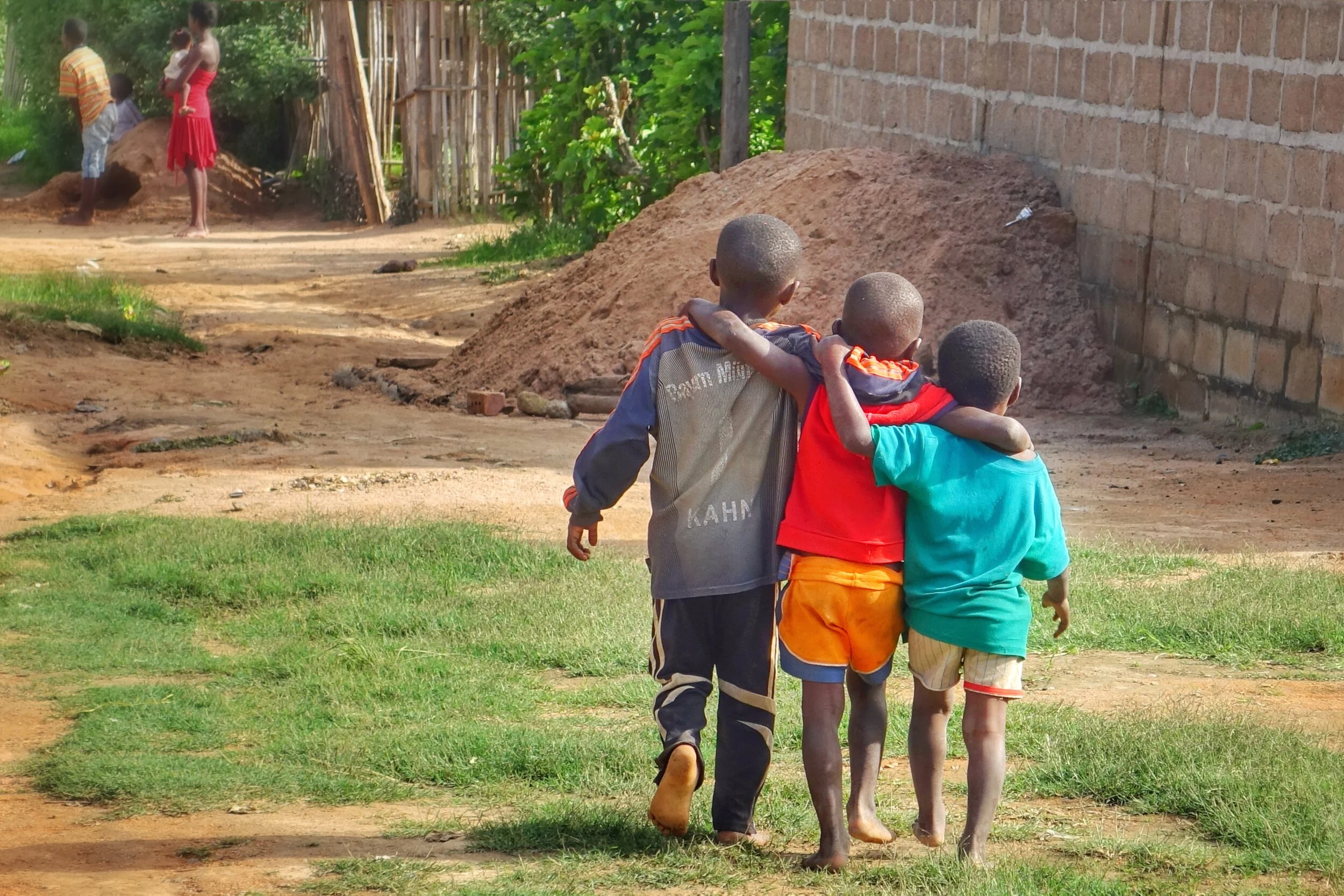Jane, the amazing Kafwa supervisor in the rural area of Luapula, Zambia, reported last week she was suffering from a toothache so severe it prevented her from going about her usual activities. She was unable to eat, felt dizzy when she stood up, and was in constant pain. The caregiver was in need of care herself! Her sister, Justine, finally came to care for her until she recovered.
The question many would ask is "why doesn't she go to a dentist?" Good question. The answer, however, is not so simple. First of all, there are no dentists in the rural area where she lives. She has to travel a long distance to visit one. Second, the money required to visit a dentist is prohibitive for most people in Jane's area. As a health worker, Jane is fortunate to have HealthEd Connect emergency funds available for situations such as hers but she still needs to travel to acquire the care. She assures us she is in the process of making arrangements to visit a dentist this week.
In the meantime, she asked for suggestions on things she could do to alleviate the pain. I told her nothing would permanently relieve the pain until she visited a dentist to have the problem fixed. There are, however, some effective traditional remedies I suggested she try (see below).
Add 1/2 teaspoon salt to a glass of water and swish it in your mouth several times a day. This will help cleanse the tooth, reduce inflammation, and loosen food that might have gotten stuck.
Chew on guava leaves and then spit them out or make a tea with guava leaves and swish it in your mouth. If there's an infection, the guava leaves will help fight the infection since it fights microbes.
Pound a piece of garlic into a paste and apply it to the tooth that is aching. The garlic helps reduce inflammation, relieves pain, and fights microbes.
She replied the guava leaves were the most effective. For those of you interested in traditional medicine, Google guava leaf effectiveness and you will find a number of research studies being conducted at various universities demonstrating the antibacterial properties of guava.



















